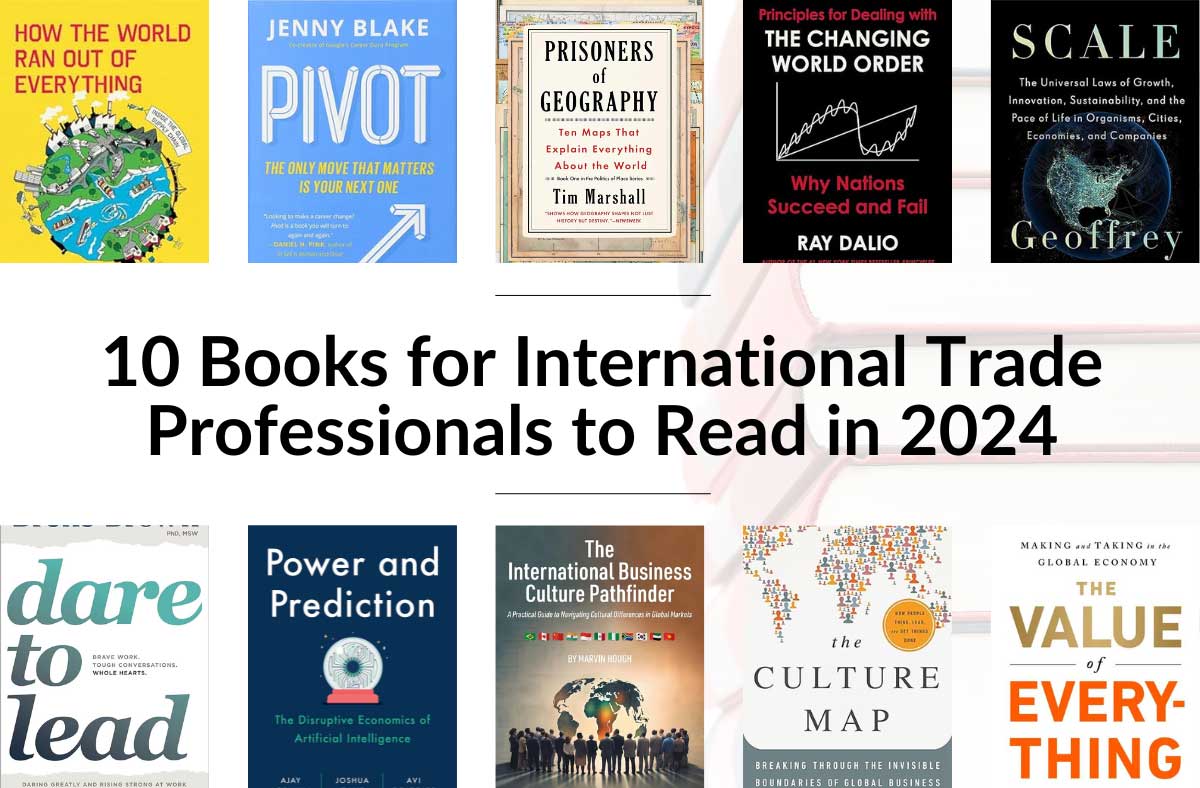
Although every company might like to do business without encountering disputes with their counterparty, it is not always possible to avoid situations where the importer and exporter disagree. Global business disputes can be time consuming and costly, but they are also a reality of doing business. While most trading partners enter in a contractual agreement with the best of intentions, disputes do happen and can have serious consequences. Disputes can result in the importer delaying or defaulting on the payment or the exporter violating the contractual terms of delivery.
Two main types of disputes can occur between parties engaged in international trade finance. Financial disputes arise when counterparties disagree on the amount outstanding amongst themselves. Contractual disputes arise when the counterparties disobey signed contractual agreements.
4 Common Causes of International Trade Finance Disputes
1. Payment Terms
Offering payment terms as part of contract negotiations enables a company to be competitive. In many situations, the benefit of winning a contract by offering payment terms comes with the risk of being unable to collect the receivables from importers.
When offering payment terms, an exporter requests minimal advance payment, leaving a portion of the contractual amount to be collected at a future date after the delivery on the contract has been completed. Importers can obtain payment terms that are long enough for them to receive the goods and inspect them.
In some situations, an importer can argue that the quality of the products or services provided do not meet the standards promised in the contract.
Disputes in contracts are not only caused by the quality of the goods and/or services provided, but also could be due to:
- Delays on contract completion.
- Modifications to specifications without consent of all parties.
- Failure to comply with verbal agreements that were not signed for on the contract.
- Non-shipment or blockage at port due to change in laws or government.
2. Letter of Guarantee
While negotiating the contract, counterparties may require the issuance of letters of guarantees and letters of credit as a method to secure themselves against non-compliance on contractual terms.
Disputes can arise in situations where the seller is performing as per the contractual terms, however the buyer drew on the letter of guarantee to obtain additional funds for liquidity purposes. This is known as a wrongful call.
Want to learn more about how to keep your buyers and customers happy in a conflict-free manner? Check out the FITTskills International Trade Finance online course.

3. Foreign Exchange Rates
In the international market, counterparties sign contracts in currencies other than their home currency. In these situations, the buyer and/or the seller face foreign exchange (FX) risks. The foreign market is unpredictable and swings in the FX rate are not uncommon.
Every percent move of the FX rate can result in an increase/decrease of the profit margin on the contract. Disputes arise in situations where the currency of the buyer depreciates in value, resulting in the buyer to pay significantly more in converted currency than anticipated on the contract.
4. Documentation Error
Documents in trade such as the letter of credit, letter of guarantee, forward contracts, futures, and others, can be subject to errors. A letter of credit, for example, is issued by the bank of the importer and is used as a payment instrument. It has multiple conditions that must be fulfilled by the exporter and verified by the bank prior to releasing the payment to the exporter.
An error on a letter of credit can have a direct impact on the bank releasing the payment. Such discrepancies must be rectified so that the exporter receives payment when it completes the performance on the contract. Resolving such discrepancies involves issuance of amendments to the letters of credit.
Drafting Contracts to Avoid Disputes
Commercial disputes can be lengthy and costly. It is impossible to foresee all the issues that could turn into a dispute but taking proactive measures to prepare should not be overlooked in the stages of negotiations.
It is important to determine how potential conflicts will be resolved. Having a clear and definitive dispute resolution plan can reduce the time and cost involved in international litigation. It can also reinforce confidence in the success of the transaction because it reduces uncertainties that make investors nervous.
Most often, disputes will arise from misunderstandings of contract terms. The key to minimizing complications is to draft an arbitration agreement at the onset of negotiations, before a conflict arises.
Dispute Resolution
While litigation has been the traditional way of dealing with disputes, there are strong reasons to consider alternative dispute resolution (ADR), such as reduced costs and decreasing the time to reach a resolution. As a best practice, parties frequently enter arbitration agreements to predetermine the details of how to resolve potential future disputes. Much attention is being turned to solving international trade disputes using ADR methods.
Alternative Dispute Resolution Methods
Alternative dispute resolution offers a means of settling disputes without resorting to commercial litigation, aiming to resolve disputes in a way that is less expensive, faster and more predictable than adversarial litigation processes.
Arbitration
In arbitration, a neutral third party known as an arbitrator works toward a resolution of the dispute. As with a contract, the result of arbitration binds both parties and is enforceable by a court. The benefit of arbitration is that it can be faster and cheaper than litigation. It is also likely to be more participatory and easily understood than a court hearing.
Arbitration becomes international when the parties in conflict have their place of business in more than one country, when most commercial obligations are conducted in another country or if the arbitration itself takes place in another country.
Conciliation
A conciliator helps conflicting parties avoid litigation by meeting with the parties separately to determine each party’s dispute and needs. Conciliation is often seen as the middle ground between arbitration and mediation. The conciliator’s goal is most often to restore goodwill or repair a working relationship, usually through concessions.
Unlike arbitration, conciliation findings are not binding, no awards are offered and the conciliator has no authority to call witnesses or request evidence.
Mediation
A mediator, with no vested interest in the outcome of the mediation, facilitates discussions and settlement between the parties. Unlike conciliation, in which the conciliator offers solutions, a mediator is more of a facilitator. The mediator avoids offering proactive decisions, choosing instead to help disputing parties come to a realistically acceptable agreement.
As with arbitration clauses or agreements, to proactively prepare for the risk of disputes, entrepreneurs can draft mediation clauses into contracts. Unlike arbitration or court litigation, mediation is non-binding—there is no winner or loser, and the parties are not bound by any decisions made by the mediator.
Benefits of Alternative Dispute Resolution
Besides the cost and time advantages of ADR, there are additional benefits. It offers a less formal and simplified forum in which conflicting parties can negotiate, and it presents the possibility of a more flexible or creative decision.
Selecting the right ADR institution
If an organization is seeking an ADR institution to specify in a contract, they must pay attention to the procedures and techniques they offer. Many international law experts will offer services in these areas. Some can offer procedures and techniques such as negotiation, mediation, conciliation and arbitration, whereas some may only offer services for arbitration.
In addition, some ADR organizations specialize their services for specific industry sectors. Use care when choosing the right kind of organization to represent the services an organization needs. Deciding those who will have experience and expertise in its area of business requires the same care.
Dispute resolution is an issue that parties may not like to think about when beginning a business endeavour however, disputes can and do still arise. Negotiations are the most effective means to mitigate the risks of international disputes. In the event of a dispute, solid contracts that clearly outline the rights and obligations of trading parties will save a company time and money.
Contracts including choices for dispute resolution methods can salvage the business relationships which parties have worked so hard to cultivate. When disputes arise from international trade transactions, ADR methods such as arbitration, conciliation and mediation are an option.
ADR is frequently a much cheaper way to resolve disputes than litigation. Its methods are also faster, involve more intense resolution of the disputes and can often be resolved by more creative settlements that those offered by litigation.







disqus comments